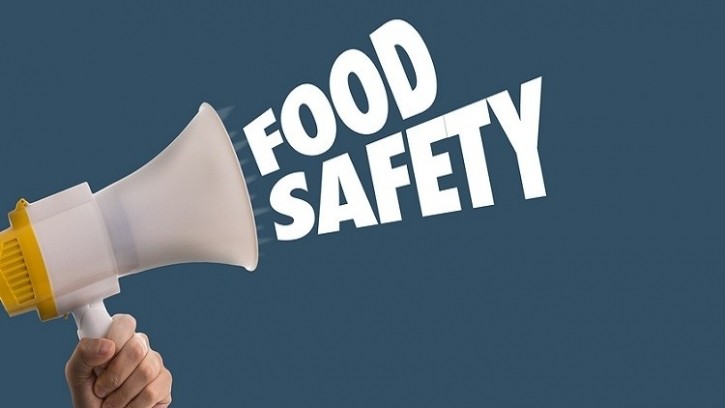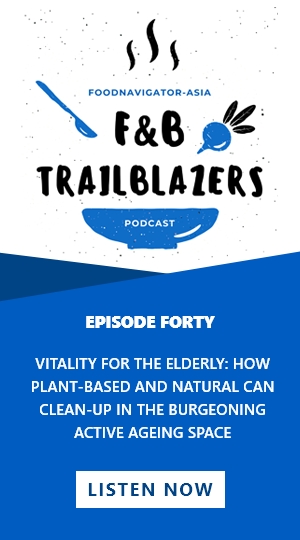Safety First: New India food safety platform, Japan nuclear wastewater release impacts, Philippines food label changes and more feature in our round-up

Going local: India’s new local language food safety platform hoped to boost compliance among domestic food firms
The Food Safety and Standards Authority India (FSSAI) has launched a new version of its food safety platform in the local Hindi language in an effort to increase domestic food firm understanding and compliance of local regulations.
India has long been facing challenges with food safety compliance in the local food sector, with products such as alcohol and dairy often ranking high on the local most-adulterated products list.
Local food safety authority FSSAI launched a food safety portal dubbed Food Safety Compliance System (FoSCoS) several years back, but this has primarily been operated in English, and smaller domestic businesses have had trouble navigating as a result.
FSSAI has recently launched a version of the FoSCoS in Hindi, hoping to attract more local food firms to utilise the portal.
‘Nervous and confused’: Japan nuclear wastewater release ramps up challenges for APAC seafood sector
Japan’s decision to release treated wastewater from the Fukushima nuclear disaster could have far-reaching impacts for the APAC seafood sector, especially in terms of negative consumer perception and overall confusion.
Japan released its first round of treated wastewater from the 2011 nuclear disaster into the sea earlier in August this year to mixed reactions from nations everywhere, including its neighbouring countries, ranging from government support but outright consumer outrage in South Korea to anger and an overall Japanese seafood ban in China.
The latter has condemned this publicly, dubbing this release as ‘selfish’ and harmful to the environment and global public health, but no amount of negative feedback has deterred Japan from its course, even having released a second round of wastewater in early October.
Food label changes: Philippines updates policies governing sodium limits and caloric labelling in pre-packaged food products
The Philippines Food and Drug Authority (FDA) has announced new changes to sodium content limits and how caloric values are to be displayed on the packaging of pre-packaged processed food products in the country.
In September 2023, the Philippines FDA issued a formal circular highlighting that food manufacturers and distributors in the country will need to adhere to updated labelling requirements for pre-packaged processed food products.
Beyond product innovation: Affordability and accessibility take centre stage in meeting Asia’s nutritional needs
Affordability and accessibility are just as important as product innovation if food firms are going to help meets Asia’s nutritional needs, in a region that is still beset by childhood stunting and rising rates of obesity and diabetes.
This was the opinion of an expert panel which convened at the recent Asia Pacific Agri-Food Summit held in Singapore, comprising of Kellanova VP R&D AMEA Yanjing Wang, FrieslandCampina Regional President Asia Corine Tap, A*STAR Deputy Executive Director SIFBI Professor Christiani Jeyakumar Henry, and Dole Specialty Ingredients Managing Director Weitze Ooi.
Strengthening food security in the Middle East: Strategies for success on the road to self sufficiency – In-depth analysis
Governments across the Middle East are ploughing in resources to increase food security and strengthen self-sufficiency, but where are the best opportunities for success, and how can considerable obstacles be overcome?
The importance of food security has taken centre stage since the pandemic when supply chains to the region, which relies heavily on imports, were severely strained.
This was further exacerbated by the Russia – Ukraine conflict, again in terms of supplies, but also in relation to soaring costs.
Therefore countries in the region have been striving to increase food security, but there remain significant hurdles to be overcome.
















